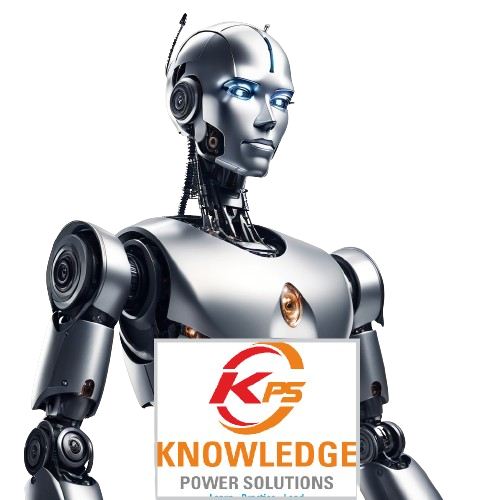Prerequisites for a Data Engineering Boot-camp
Preparing for a Data Engineering boot-camp can enhance your experience and success. Here are the core prerequisites:
-
Basic Programming: Proficiency in Python or Java is essential. Understanding variables, loops, functions, and libraries like Pandas for data manipulation will allow you to focus on engineering concepts rather than syntax.
-
SQL and Databases: SQL skills are critical, including querying, JOINs, and aggregate functions. Familiarity with relational databases and a basic understanding of NoSQL databases like MongoDB can be beneficial.
-
Data Structures and Algorithms: Knowledge of data structures (arrays, lists, dictionaries) and basic algorithms will help optimize data processing tasks.
-
Command Line Skills: Comfort with the command line for navigating files, process management, and basic scripting is useful, especially in Linux environments.
-
Basic Cloud Knowledge (Optional): Familiarity with cloud platforms like AWS or Azure is a plus, as data pipelines often operate in cloud environments.
Boot camps are designed to teach, but coming prepared with these basics will help you maximize your learning and jump start your career in data engineering!
